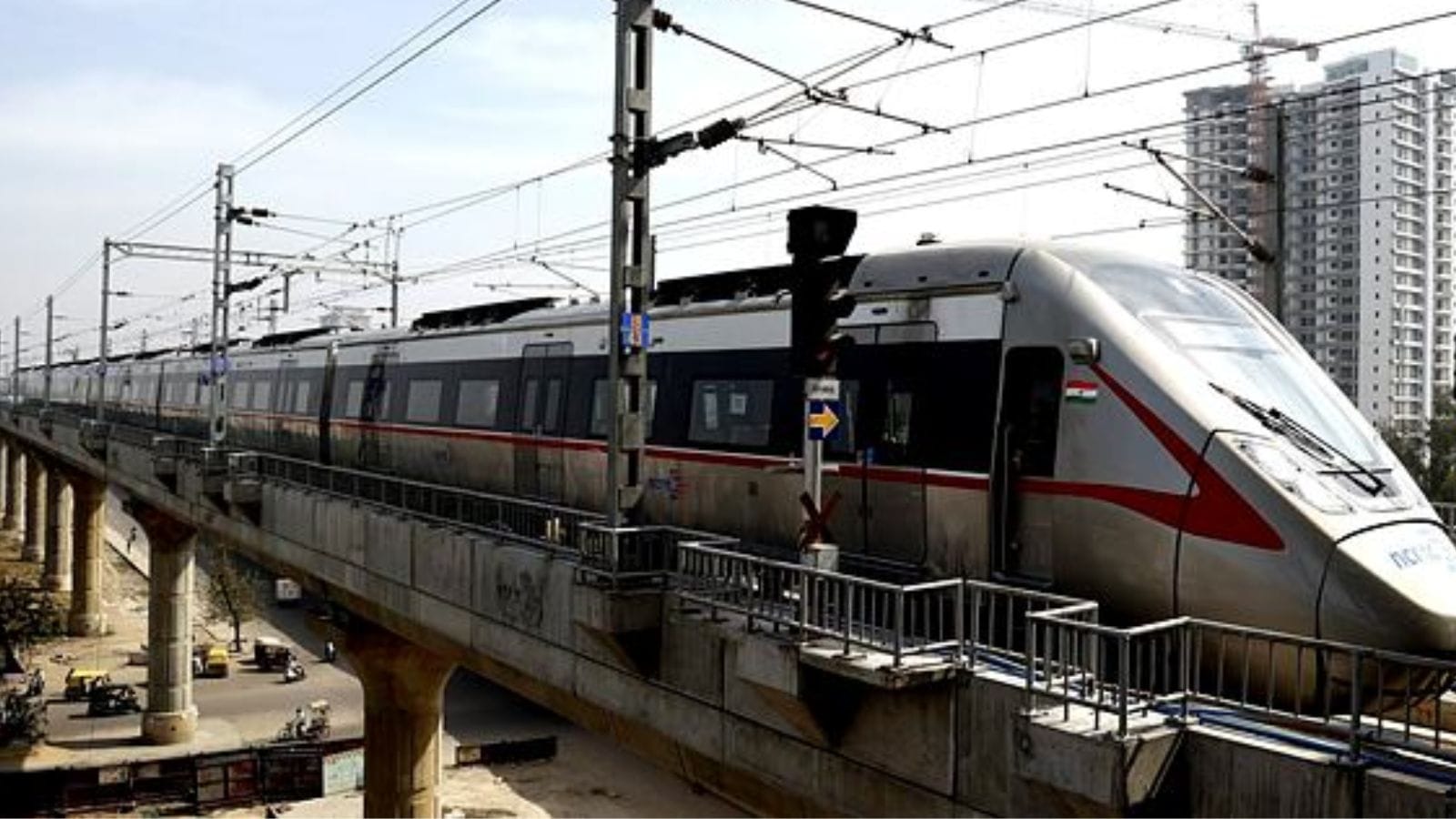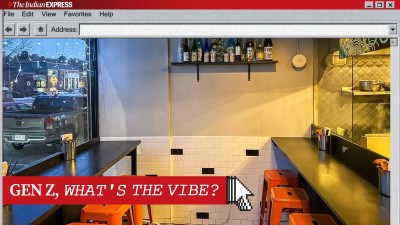A draft audit by the Comptroller and Auditor General (CAG) has found that the National Capital Region Transport Corporation (NCRTC) gave its executives undue benefits worth Rs 39 crore in the form of vehicle expenses and payment for staff engaged at their residences for official work, The Indian Express has learnt. The NCRTC is developing the Regional Rapid Transit System (RRTS) in the National Capital Region.
When reached for comment, an NCRTC spokesperson said the matter is “under discussion/correspondence with CAG”. The spokesperson said the “NCRTC has adopted practices of other similar metro/rail projects”.

As a part of its audit process, the CAG seeks replies from the entity being audited, which are then included in the draft para that is communicated to the entity again. The entity – in this case the NCRTC – is again given the opportunity to provide its comments on the draft para before it is finalised and placed in both Houses of Parliament.
What CAG said
According to the draft audit, the company allegedly extended undue benefits to executives by giving Rs 33.28 crore additional payments for reimbursement of vehicle expenses from April 2020 to March 2023. It also flagged additional payments of Rs 5.72 crore from April 2019 to March 2023 for paying telephone attendant cum dak khalasi (TADK), who are helpers or peons carrying out official work at the residences of the executives.
These payments, according to the CAG, were in violation of the Department of Public Enterprises (DPE) guidelines that cap the perks and allowances to be paid to executives at 35% of their basic pay.
The CAG found that the payments made to the employees were not based on actual expenses, so they could not be counted as reimbursement.
In response to the CAG, the NCRTC said it was a joint venture driven by its Board of Directors, and DPE guidelines did not apply to it. It said the Board had delegated powers related to HR matters to the company’s Managing Director, who had approved the two policies in question.
Story continues below this ad
However, the CAG, in its draft audit, found the reply “not tenable”, saying that the NCRTC board had adopted the pay scales and allowances as per the DPE guidelines for implementation of the 3rd Pay Revisions on September 18, 2017.
In its draft audit, the CAG wrote, “Vehicle and TADK expense policies were not approved by the Board or Administrative Ministry. The same were approved by the Managing Director, which is in contravention of point III of the Canons of Financial Propriety, Schedule of Powers of NCRTC, which inter alia states that ‘No authority should exercise its powers of sanctioning expenditure to pass an order which will be directly or indirectly to its own advantage’ whether he avails the benefit or not’.”
The NCRTC response
The NCRTC is co-owned by the Union government (50%) and the governments of Delhi, Haryana, Rajasthan and Uttar Pradesh (12.5% each). It functions under the Union Ministry of Housing and Urban Affairs. Earlier this month, Prime Minister Narendra Modi inaugurated a 13-km stretch of RRTS from Delhi’s New Ashok Nagar to Sahibabad in Uttar Pradesh as a part of the Delhi-Meerut corridor.
The NCRTC spokesperson told The Indian Express that vehicle expenses were reimbursements for travel costs for official travel within the Namo Bharat RRTS corridor, not for travel from home to office.
Story continues below this ad
“It is required for supervision and coordination for project execution, which is a regular practice in any metro/project organisation. Hence, it is against the provision of hired/company vehicle for official work. The Namo Bharat project spans across NCR, covering a radius of more than 100 km across Uttar Pradesh, Haryana, Rajasthan, and Delhi. Therefore, the requirement and provision of transport for project site movement along the corridor is much more frequent and for longer distances. Executives are required to be on the move round the clock, including at night,” the spokesperson told The Indian Express.
The spokesperson added that the vehicle and TADK payments have been given to NCRTC employees since its inception based on the Board’s approval to follow the Delhi Metro Rail Corporation policies in this regard.
The NCRTC spokesperson said the TADK payments were reimbursements and added, “This was adopted in line with DMRC and other metro and rail project companies. It is a partial reimbursement of cost which supports a 24×7 project execution environment, which differs from regular office work. This arrangement has been found to be safe, convenient, cost-effective and economical. The choice is between hiring the required services from vendors/contractors or allowing portions of the cost reimbursement to the executives.”
“NCRTC is a special purpose vehicle constituted to implement semi-high speed regional transport system and to recruit or retain crucial technical talent in the corporation, similar relevant facilities are needed to be provided in line with other metro/rail organisations,” the spokesperson said.
Story continues below this ad
The spokesperson reiterated that DPE guidelines did not apply to NCRTC as it was not a central public sector enterprise. And while its Board had broadly adopted the DPE pay scale for salaries and allowances, benefits like performance-related payment and full superannuation benefits were not available to its employees, the spokesperson said.









